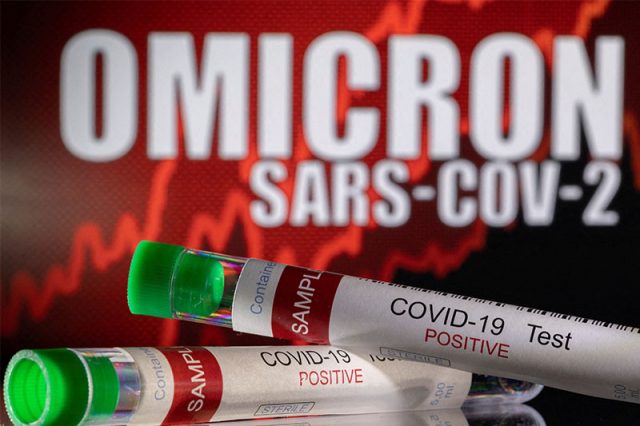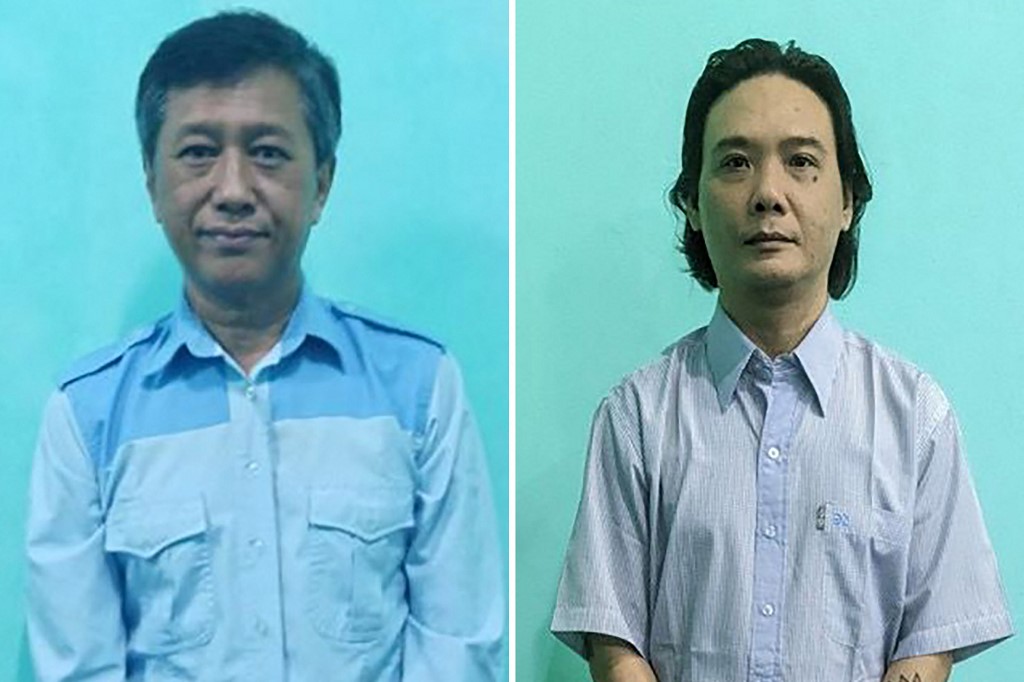[ad_1]

The next is a abstract of some latest research on COVID-19. They embody analysis that warrants additional examine to corroborate the findings and that has but to be licensed by peer assessment.
Spreading model of Omicron resists all however one new drug
Till Friday, only one COVID-19 antibody drug has been efficient in opposition to the Omicron variant – sotrovimab from Vir Biotechnology and GSK – and that drug is unlikely to do as nicely in opposition to no less than one new model of the variant spreading globally, new analysis suggests.
An antibody drug accepted on Friday by the U.S. Meals and Drug Administration does present promise when examined in opposition to “sublineages,” or subvariants, of Omicron, the analysis discovered.
The World Well being Group is monitoring a number of Omicron subvariants. Knowledge posted on Wednesday on bioRxiv forward of peer assessment confirmed that the quickly spreading BA.2 subvariant “exhibited marked resistance” to sotrovimab in lab experiments, researchers mentioned.
Britain-based GSK introduced on Thursday, with out formally releasing any information, that its drug does retain the flexibility to neutralize BA.2 in a take a look at tube.
David Ho of Columbia College, senior writer of the bioRxiv report, mentioned his analysis “additionally confirmed that sotrovimab nonetheless has exercise in opposition to BA.2, according to their assertion.
However its exercise is down considerably, 27-fold as acknowledged in our preprint.”
In repeat experiments, the drop was much more pronounced, he mentioned of testing carried out after the paper was submitted.
The drug accepted on Friday – bebtelovimab, from Eli Lilly, remained potent in neutralizing all Omicron subvariants, Ho’s crew mentioned.
Two antibody medication from AstraZeneca – cilgavimab and tixagevimab – did stay efficient in opposition to BA.2, however they’re solely accepted for stopping COVID-19 in sure circumstances, not for treating it.
Second-line Omicron immune protection poor in some folks
T cells, a key element of the physique’s immune defenses, could not work nicely in opposition to the Omicron variant in some folks, in line with new analysis.
T cells be taught to acknowledge germs both throughout pure an infection or after vaccination.
When invading organisms slip previous antibodies, T cells launch an assault to stop extreme sickness. Researchers learning 76 volunteers discovered that almost all people’ T cells continued to defend in opposition to Omicron even when their antibodies didn’t, whatever the supply of the antibodies, together with from booster photographs.
However about 20% of individuals had greater than a 50% discount of their T cell response to Omicron, in comparison with responses to earlier variants, the researchers reported in Cell. This “stunning” discovering could be on account of genetic variations, mentioned Dr. Gaurav Gaiha of the Ragon Institute of MGH, MIT and Harvard.
What the lower in T cell recognition of Omicron means is unclear, “however it’s doable that these people may have lowered safety in opposition to extreme illness,” Gaiha mentioned.
It may additionally imply SARS-CoV-2 “can evolve to flee even T cells, so we have now to proceed work on vaccines that could be immune to future variants, and maintain taking wise precautions like mask-wearing and testing,” added Gaiha, who famous that vaccine boosters “dramatically elevated the T cell response to Omicron by 20 instances.”
New or persistent well being issues observe COVID-19 in seniors
Older adults contaminated with SARS-CoV-2 earlier than vaccines have been out there have been at higher-than-average threat for needing medical look after a persistent or new drawback within the months afterward, in line with a report revealed on Wednesday in The BMJ.
Researchers studied practically 133,000 People over age 65 who had coronavirus infections in 2020 and a roughly equal variety of carefully matched uninfected people. Almost one-in-three COVID-19 sufferers sought medical consideration no less than three weeks after analysis for a brand new or persistent situation, an 11% larger charge than researchers noticed within the comparability group.
The COVID-19 sufferers have been at elevated threat for respiratory failure (a further 7.6 circumstances per 100 folks), fatigue (an additional 5.7 per 100 folks), hypertension (an additional 4.4 per 100 folks), and psychological well being diagnoses (an additional 2.5 per 100 folks), the researchers discovered.
When the COVID sufferers have been in comparison with folks beforehand contaminated with different respiratory viruses, like flu, solely new issues with respiratory failure, dementia, and fatigue have been extra widespread after COVID-19.
Though hospitalized sufferers have been at larger threat for brand spanking new or persistent issues, “the bigger inhabitants… who didn’t require admission to hospital for COVID-19 have been nonetheless in danger,” the researchers mentioned.
—Reporting by Nancy Lapid; Modifying by Invoice Berkrot and Grant McCool
[ad_2]
Source link

















